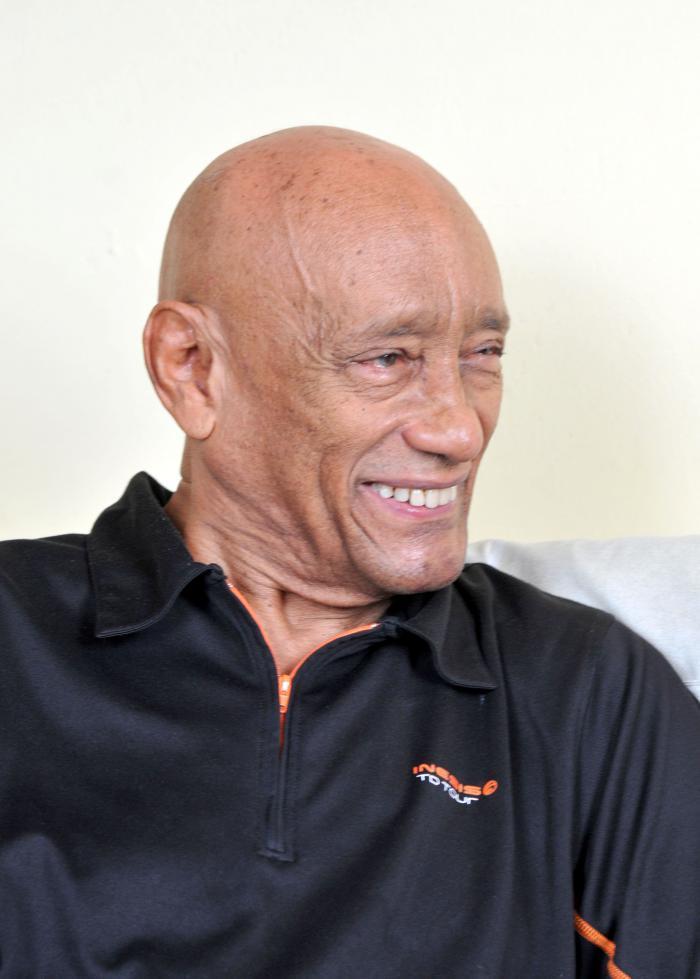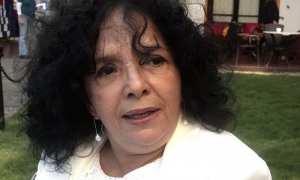
It is the souls that dimension spaces, projects, institutions. One of those who enriched Cuban journalism, honoring with his pen several media, among them, and the one in which he shone the most, the newspaper Granma, passed away on the night of November 18, in France, at the age of 91. He is the consecrated journalist Gabriel Molina Franchossi, who offered his heart, his courage and his fortitude to these pages.
He had been in France for three years. During the COVID-19 period he suffered serious illnesses that prevented him from returning to Cuba. In the hospital where he was treated, he was known as "Fidel Castro's Cuban," as this was his self-definition, endowed with absolute sincerity and endorsement in favor of the best human causes -such as those defended by the Commander-in-Chief.
Of Molina, as he was commonly called, there would be much to say. From a very young age he knew that his life would be at the service of good. He was a member of the Revolutionary Directorate, for which he was persecuted, and graduated in Law and Journalism. He chose the second of these careers to dedicate all his talent to it and deserved, for his many merits, the José Martí National Journalism Award.
He suffered exile in Spain, and worked there as a correspondent for Bohemia magazine. In the Latin American News Agency Prensa Latina, he was also correspondent in Algeria, sent by Che Guevara.
Molina was a founder; he was the founder of such media as Prensa Latina, Combate, Granma and Granma Internacional, of which he was director for 27 years and to which he stamped his professional seal and many dreams, such as multiplying the newspaper's message through different languages.
The first celebration of the anniversary of the Attack on the Presidential Palace allowed him to meet Fidel. He reported these activities for Hoy newspaper, a press organ that would merge with Revolución to give rise, on October 3, 1965, to the Official Voice of the Communist Party of Cuba.
Molina was the author of the front page text of Granma -in its first edition-, in which the Central Committee was presented in nine paragraphs.
Later, on February 20, 1966, Granma International was born, a pioneering means of communication from Cuba to the world, which came to accompany the celebration in Havana of the First Conference of Solidarity of the Peoples of Asia, Africa and Latin America.
His earthly life has come to an end, but in the archives that treasure the history of what has been written, will be forever the pulses with which he told of events that shook not only the Cuban Revolution, but others that led the struggle for justice in the world.
Neither will he leave his loved ones, nor his wife Ana María, who has said that "thanks to him: I learned to be a journalist and to write my works also in Spanish." Of his colleagues at Granma, not to mention: in every corner of the newspaper, in every one of those who knew him, an anecdote or a beautiful memory will sprout, every time his brilliant name is evoked or comes to their memories.






